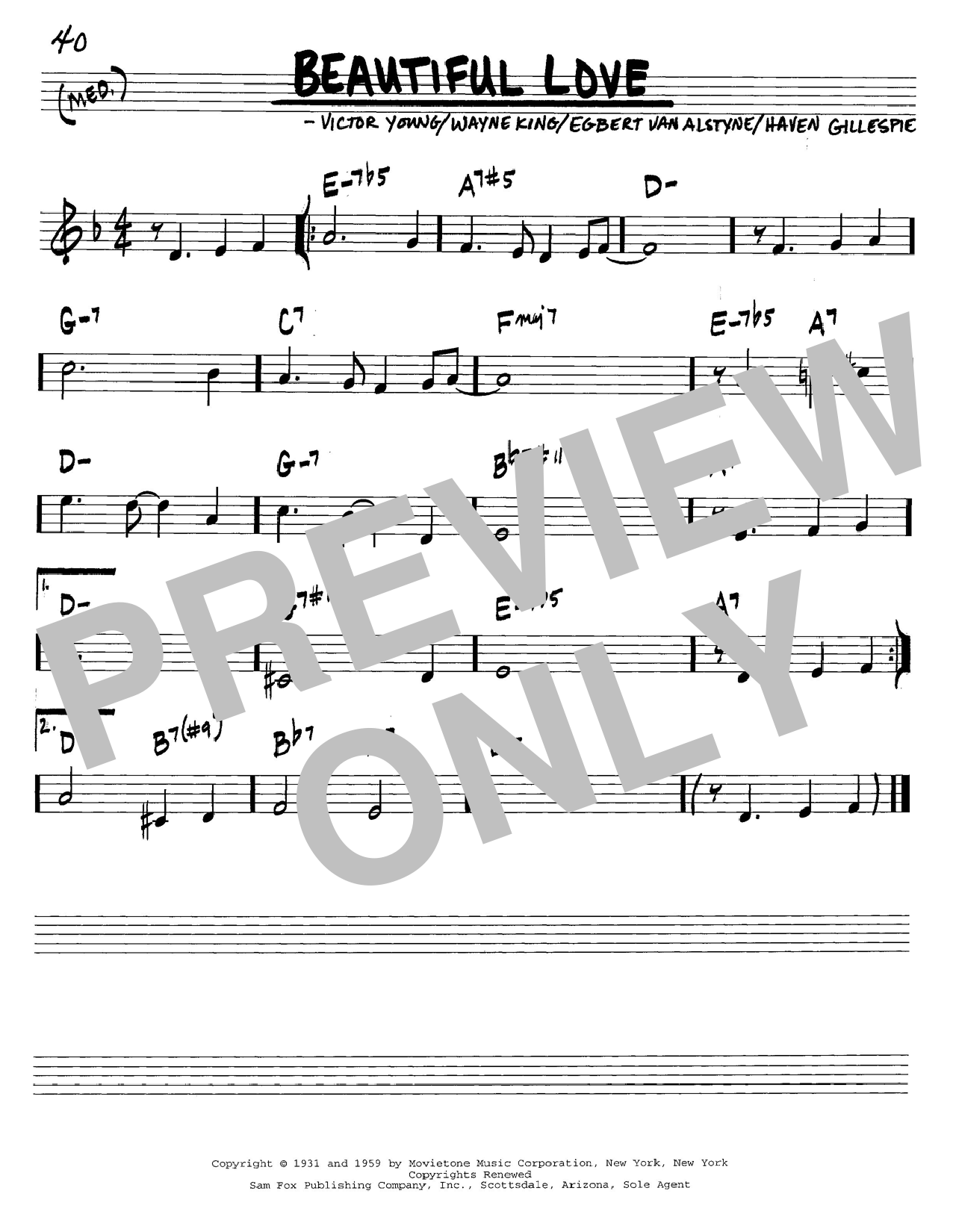

Though others have attempted to explain the magic of Evans, this often painfully shy, meditative musician is widely quoted on his own playing, giving us some clues to his inner thoughts. Many elements combine to create this sound, not the least of which include the life experiences and personality of the artist. He has been called "the poet" "the first player who 'filled' romanticism with modern tension" "a gifted and sensitive composer" a player who "not only sounds the time and spins the melody, but also gives each piece a particularity-a depth of color-and a center of emotional gravity that make many other pianists sound rather thin by comparison." Critics and fellow musicians invariably refer to his tone-his sound-in attempting to describe the music of Bill Evans, probably the most influential jazz pianist since Bud Powell in bebop's heyday.


To the careful listener, Evans's sound is almost always instantly recognizable. "And when he touched the keys, he'd turn out all the stars / Oh, how his heart could sing! / His song will live forever, even though his voice is still / I hear the music, feel the magic / Always, I remember Bill." So sang Susannah McCorkle in a beautiful rendition of Don Sebesky's musical tribute to pianist Bill Evans. Education: Received degrees from Southeastern Louisiana College, 1950 studied at Mannes College of Music in New York, 1955. Evans and a mother of Russian descent (a pianist) married twice wives' names, Ellaine and Nenette children: Evan (son), Maxine (adopted daughter). Born William John Evans, August 16, 1929, in Plainfield, NJ died September 15, 1980, in New York son of Harry L.


 0 kommentar(er)
0 kommentar(er)
